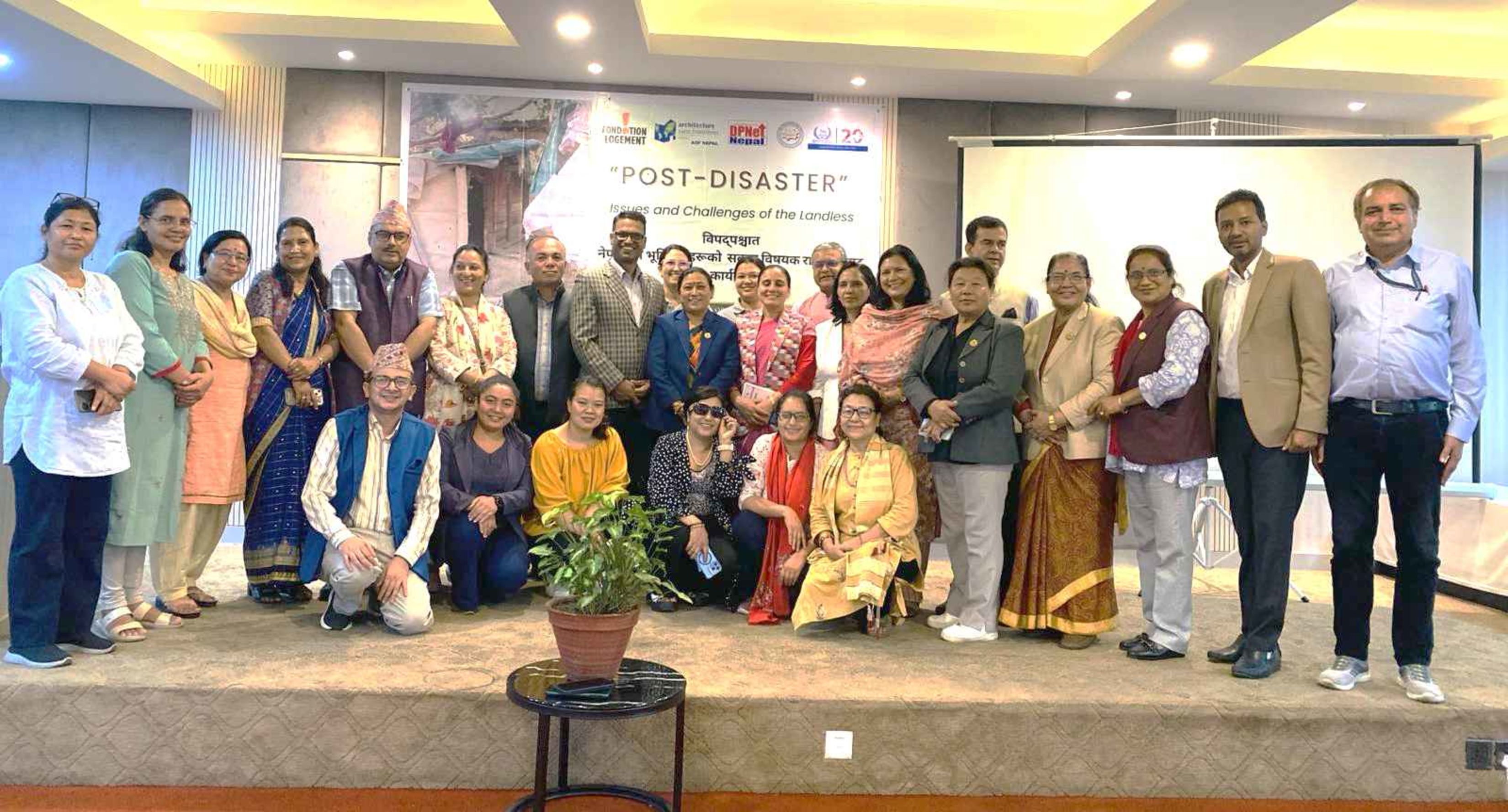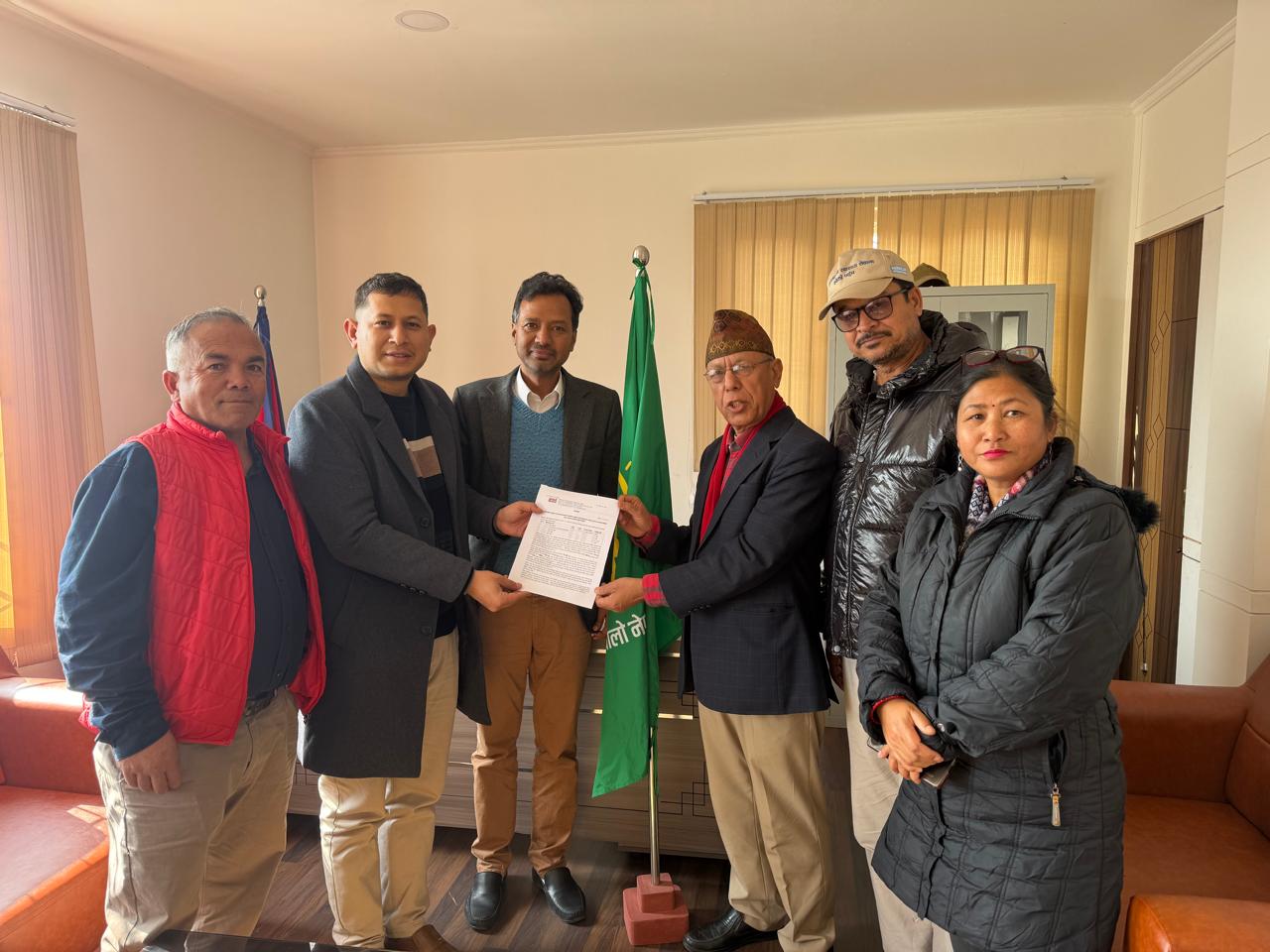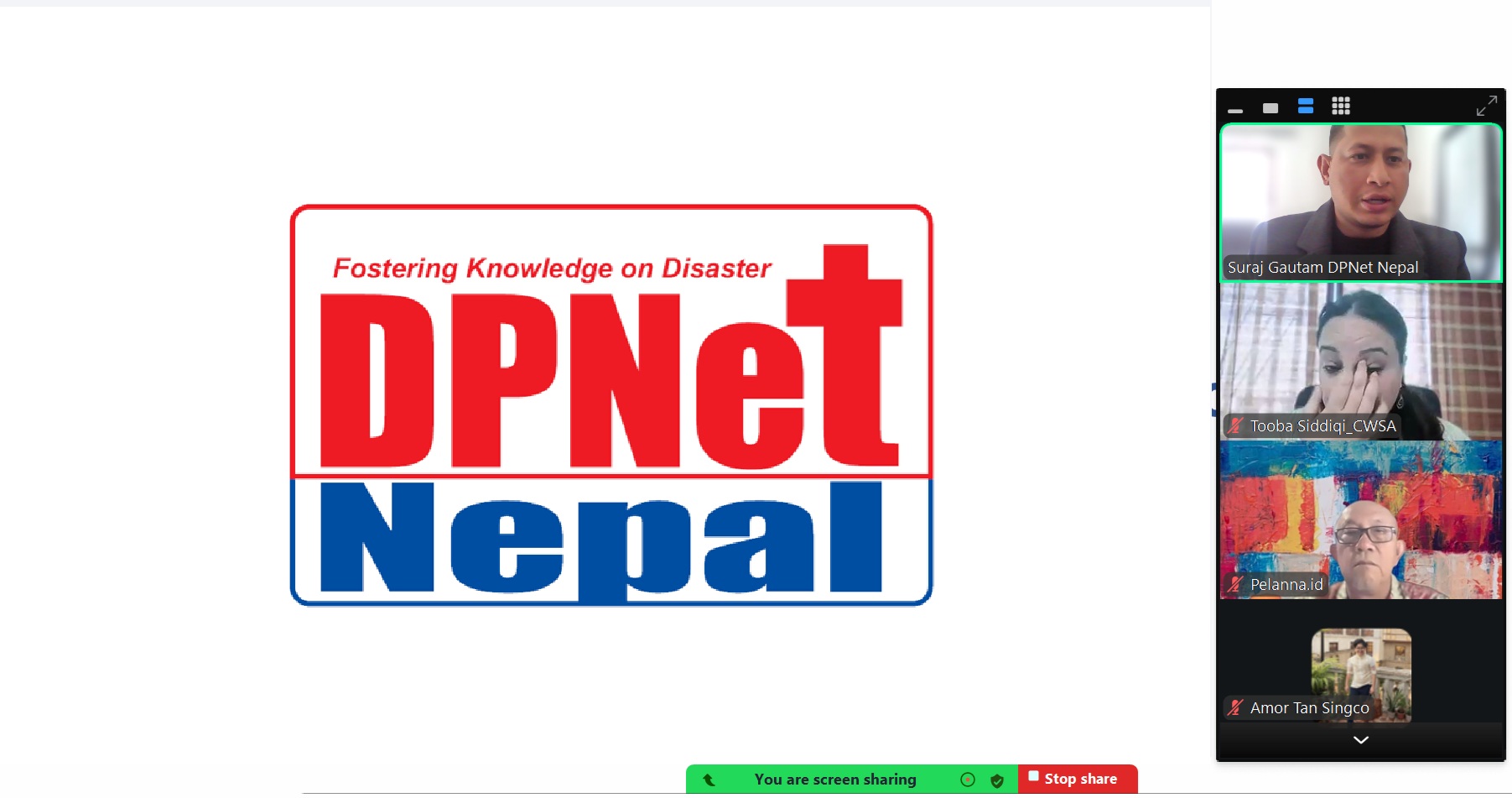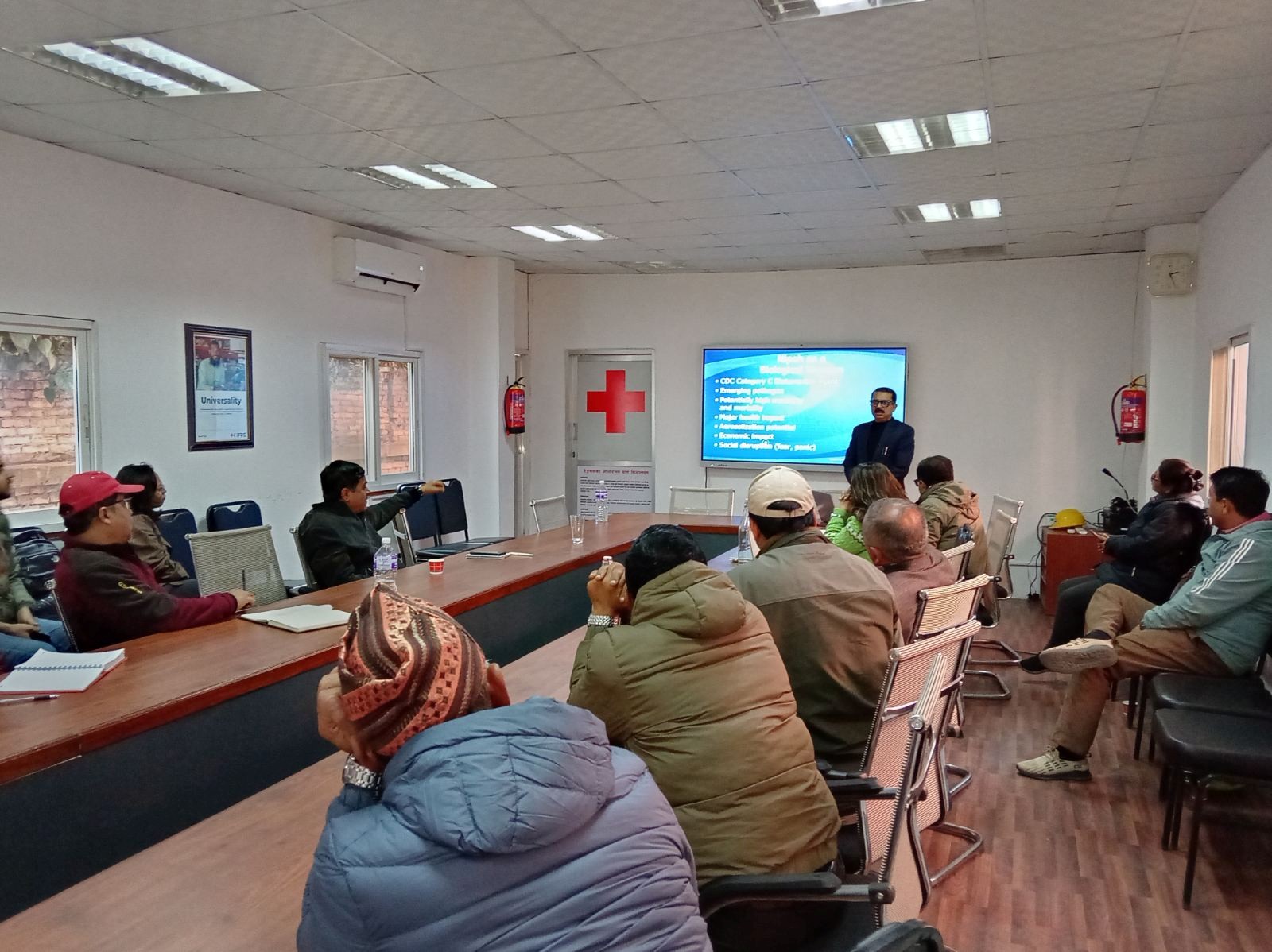National dialogue held on post-disaster challenges facing landless people

Kathmandu, 31 July ,2025, A national dialogue on “Post-Disaster Issues and Challenges of the Landless” was organized with the participation of 65 individuals, including 32 Members of Parliament, senior officials, civil society leaders, and media representatives to discuss how Nepal’s land laws can better protect those living in hazard-prone areas. The event was chaired by Dr. Raju Thapa, Chairperson on DPNet, and facilitated by journalist Bijaya Poudel. It was organized with the support of DPNet, ASF Nepal, JCYCN, and DiMaNN. ASF Nepal delivered the opening remarks and DiMaNN Chairperson, Surya Bahadur Thapa highlighted the objectives of the program sharing his experience on relationship with landless and disaster. In order to set the context, Mr. Kedar Neupane, former Secretary of the Ministry of Land Management, Cooperatives and Poverty Alleviation, highlighted the relationship between land tenure and disaster risk. He emphasized how insecure or poorly planned land use amplifies exposure to floods, landslides and other hazards, and argued for policy coherence between disaster-risk reduction, environmental conservation and land administration.
Building on the theme, Mr. Ganesh Bhatta, Joint Secretary at the Ministry of Land Management, Cooperatives and Poverty Alleviation, highlighted provisions related to disaster management contained in the draft Ninth Amendment to the Land (Related) Act, 2021 B.S. (1964 A.D.). He explained how the amendment seeks to clarify categories of land that must be safeguarded because of disaster risk and ecological value, and how the draft aligns with national DRR priorities.
In a discussion session, parliamentarians reported that 55 parliamentarians have already submitted amendment proposals to the draft, reflecting intense cross-party engagement on the issue. They noted that deliberations are ongoing in the House of Representatives and will proceed in the National Assembly as well. Several MPs promised to insulate the process from undue influence and ensure that land deemed necessary for protection, from the perspectives of natural-disaster risk, disaster management or environmental conservation, particularly safeguarding land along river, stream and canal banks and settlements in high-risk zones will not be distributed to landless people as per the provision consistent with Section 52(B) of the draft provisions.
Parliamentarians repeatedly stressed the need to mainstream risk-sensitive land use planning, from zoning and building controls to community relocation and the protection of forests and riparian buffers. Civil society representatives called for meaningful participation of affected communities, transparent criteria for identifying hazard-prone land, and clear inter-agency coordination so that land decisions support resilient recovery after disasters.
Offering a vote of thanks, Dr. Thapa committed that DPNet will continue convening dialogues with DRR stakeholders and will submit concrete, written recommendations to the parliamentarians for inclusion in the Land Act during the ongoing amendment process. He thanked the parliamentarians, government officials, experts and media for their contributions and formally closed the program.











